
Exploring Dutch Country: A Journey Through Pennsylvania's Heartland
Dutch Country in Pennsylvania is a picturesque region known for its rolling hills, charming farms, and the rich heritage of the Amish community. This area provides a unique glimpse into a simpler way of life, where horse-drawn buggies are a common sight, and the pace of life is refreshingly slow. Visitors can explore the quaint towns of Lancaster, Bird-in-Hand, and Intercourse, where local markets and artisanal shops offer handcrafted goods, fresh produce, and homemade treats. The region's scenic beauty is complemented by its cultural richness, with numerous museums and heritage sites celebrating the Amish way of life and Pennsylvania Dutch traditions. Don't miss the chance to savor the local cuisine, which includes hearty dishes like shoofly pie, scrapple, and pretzels. For those interested in outdoor activities, Dutch Country offers beautiful trails, covered bridges, and opportunities for hot air ballooning, providing stunning aerial views of the farmlands. Whether you're seeking relaxation or adventure, Dutch Country in Pennsylvania promises a memorable and enriching experience.
Local tips in Dutch Country
- Visit during the fall to see the vibrant foliage and enjoy harvest festivals.
- Respect the Amish community by not taking photographs of people without permission.
- Try to stay in a local bed and breakfast for a more authentic experience.
- Plan a visit to the local farmers' markets early in the morning for the best selection of fresh produce.
- Check out the local calendar for barn sales and auctions, which offer unique shopping opportunities.
Exploring Dutch Country: A Journey Through Pennsylvania's Heartland
Dutch Country in Pennsylvania is a picturesque region known for its rolling hills, charming farms, and the rich heritage of the Amish community. This area provides a unique glimpse into a simpler way of life, where horse-drawn buggies are a common sight, and the pace of life is refreshingly slow. Visitors can explore the quaint towns of Lancaster, Bird-in-Hand, and Intercourse, where local markets and artisanal shops offer handcrafted goods, fresh produce, and homemade treats. The region's scenic beauty is complemented by its cultural richness, with numerous museums and heritage sites celebrating the Amish way of life and Pennsylvania Dutch traditions. Don't miss the chance to savor the local cuisine, which includes hearty dishes like shoofly pie, scrapple, and pretzels. For those interested in outdoor activities, Dutch Country offers beautiful trails, covered bridges, and opportunities for hot air ballooning, providing stunning aerial views of the farmlands. Whether you're seeking relaxation or adventure, Dutch Country in Pennsylvania promises a memorable and enriching experience.
When is the best time to go to Dutch Country?
Iconic landmarks you can’t miss
Bird-in-Hand Farmers Market
Discover the charm of Bird-in-Hand Farmers Market, where fresh local produce meets authentic Amish culture in a delightful shopping experience.
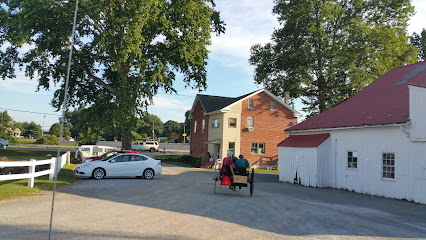
The Amish Village
Experience the enchanting world of The Amish Village, a heritage museum showcasing the rich culture and traditions of the Amish community in Pennsylvania.
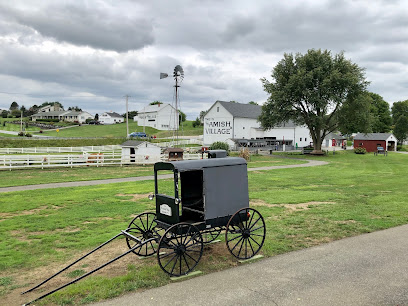
Amish Farm and House
Explore Amish culture, heritage, and charm at the iconic Amish Farm and House in Lancaster, Pennsylvania—a unique tourist attraction for all.
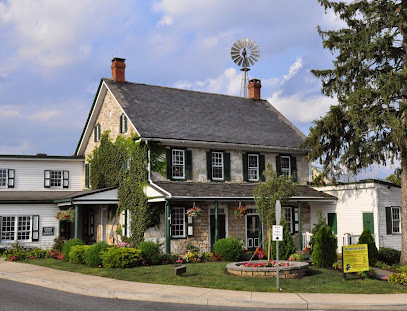
Kauffman Orchards
Explore the flavors of Pennsylvania at Kauffman Orchards, where fresh produce meets local charm in a delightful farm experience.
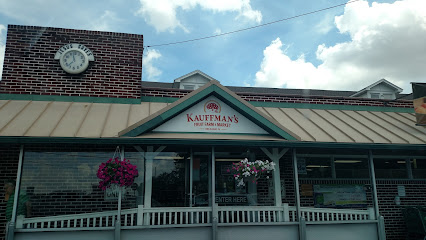
Amish Experience
Experience the rich culture and traditions of the Amish community at the Amish Experience in Bird in Hand, PA – a unique journey into a simpler way of life.
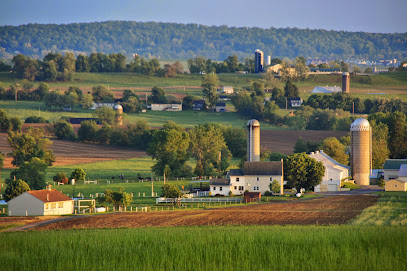
Old Windmill Farm
Experience the charm of Old Windmill Farm, a scenic destination that immerses you in Amish traditions and rural beauty in the heart of Pennsylvania.
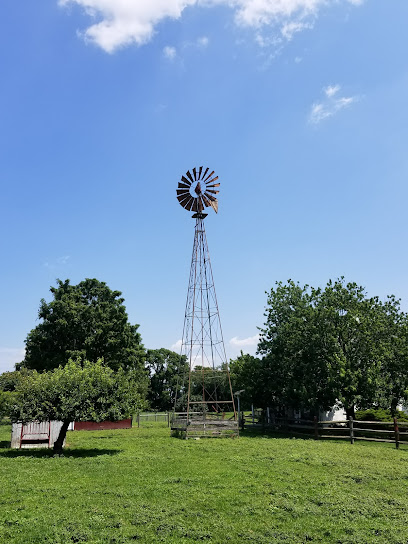
Shriver House Museum
Discover the compelling stories of the Shriver family and the Civil War at the Shriver House Museum, a key historic site in Gettysburg, PA.
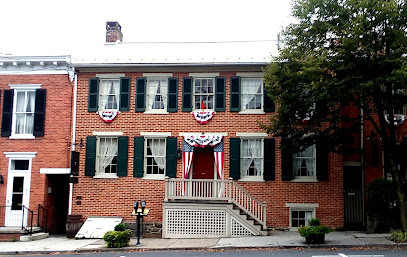
Asa Packer Mansion Museum
Explore the Asa Packer Mansion Museum, a historic gem in Jim Thorpe, Pennsylvania, showcasing 19th-century elegance and rich American heritage.
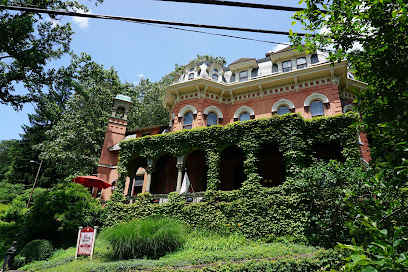
President James Buchanan's Wheatland
Discover the life of President James Buchanan at Wheatland, a beautifully preserved historical landmark in Lancaster, Pennsylvania, rich in American history.
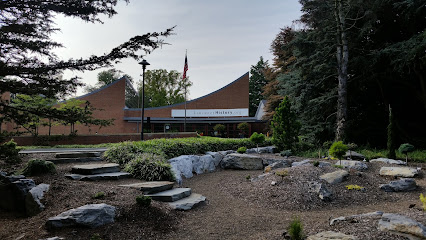
Historic Rock Ford
Explore the elegance of 18th-century America at Historic Rock Ford, a preserved mansion that tells the captivating story of Lancaster's rich heritage.
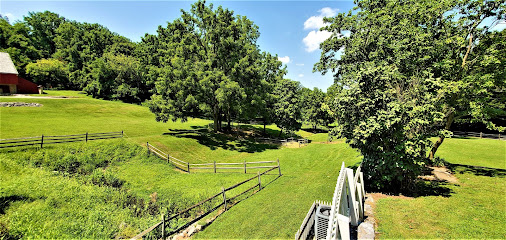
1719 Museum
Explore the captivating history and culture of the Mennonite community at the 1719 Museum in Willow Street, Pennsylvania.
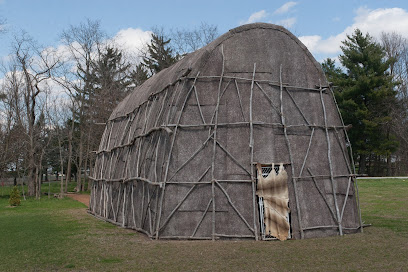
LancasterHistory
Explore the captivating past of Lancaster at LancasterHistory, where history comes alive through engaging exhibits and rich storytelling.
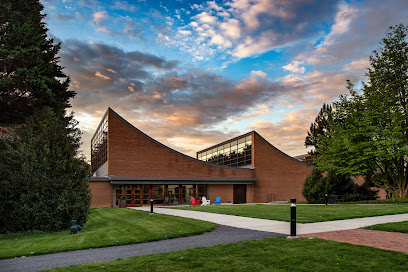
Wright's Ferry Mansion
Explore the historic Wright's Ferry Mansion in Pennsylvania, a captivating museum showcasing early American life along the Susquehanna River.
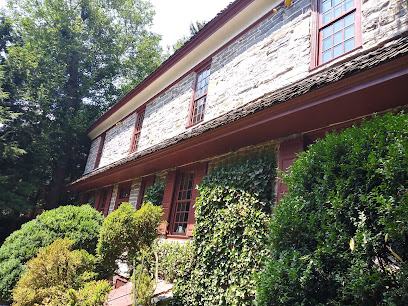
Robert Fulton Birthplace
Visit the Robert Fulton Birthplace in Quarryville, PA, to explore the inspiring story of the steamboat innovator and his remarkable contributions to American history.
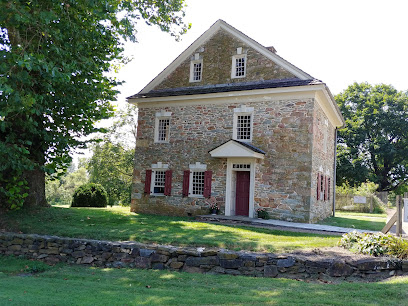
Pennsylvania Dutch Convention & Visitors Bureau
Explore the heart of Pennsylvania Dutch Country at the Pennsylvania Dutch Convention & Visitors Bureau, your gateway to local culture and attractions.
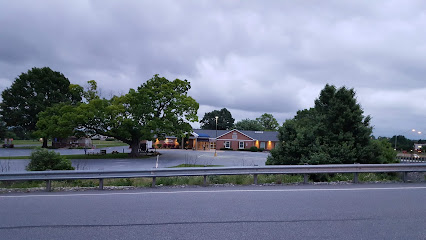
Unmissable attractions to see
Dutch Wonderland Family Amusement Park
Discover Dutch Wonderland, a magical amusement park in Lancaster, PA, perfect for family adventures with rides, attractions, and entertainment for all ages.
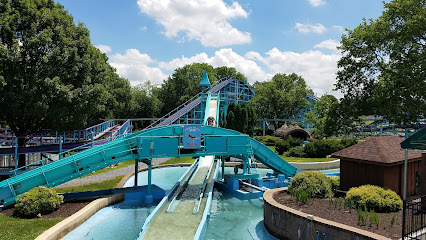
Turkey Hill Experience
Explore the interactive journey of ice cream and iced tea at Turkey Hill Experience in Columbia, PA, where fun meets flavor.
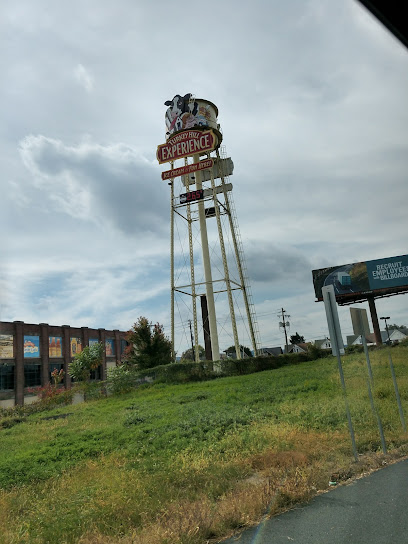
The Amish Village
Discover the rich heritage and simple beauty of the Amish lifestyle at The Amish Village in Ronks, PA—a unique cultural experience for every traveler.
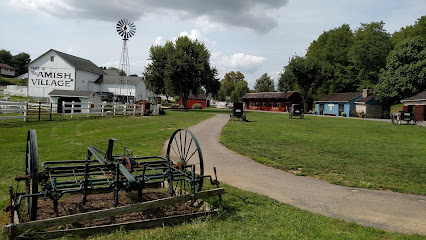
Amish Farm and House
Immerse yourself in Amish culture at Amish Farm and House in Lancaster, PA – a unique blend of history, tradition, and stunning landscapes await.
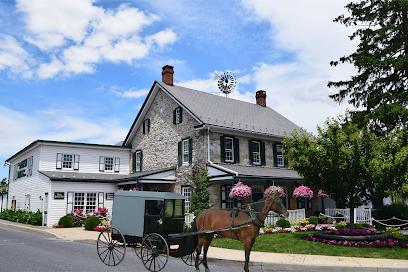
Railroad Museum of Pennsylvania
Discover the rich heritage of railroads at the Railroad Museum of Pennsylvania, featuring historic locomotives and engaging exhibits for all ages.
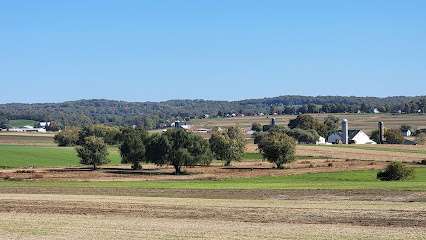
Lancaster County Central Park
Explore the natural beauty of Lancaster County Central Park, a serene retreat in Pennsylvania perfect for outdoor activities and family fun.
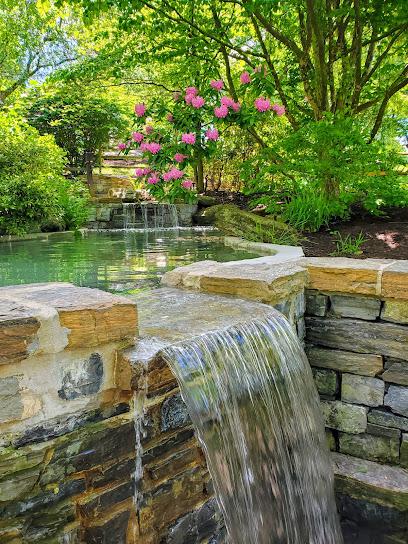
Magic & Wonder Dinner Theater
Discover the Magic & Wonder Dinner Theater in Paradise, PA, where enchanting performances and fine dining create unforgettable memories for all ages.
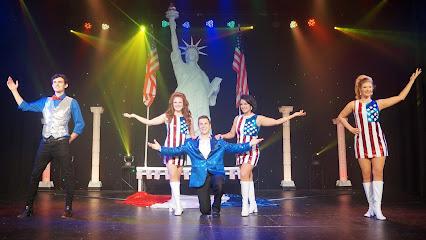
Central Market House
Explore the flavors and culture of York, PA at Central Market House - a vibrant farmers' market with local produce and artisanal goods.
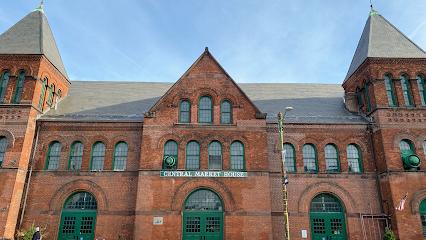
Amish Experience
Discover the heart of Amish Country in Pennsylvania, where tradition meets tranquility at the Amish Experience.
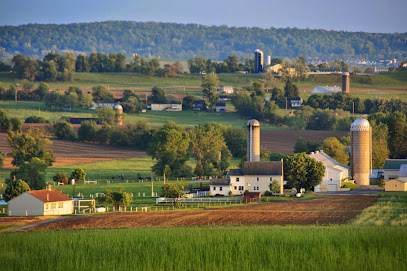
Old Windmill Farm
Explore Old Windmill Farm in Pennsylvania, a charming tourist attraction featuring friendly animals and beautiful landscapes for the whole family.
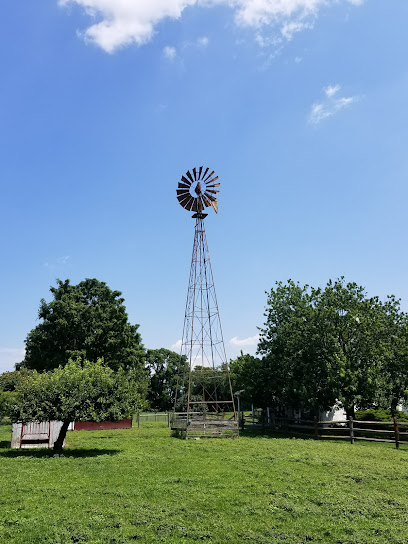
Hands-on House, Children's Museum of Lancaster
Explore creativity and learning at Hands-on House, the Children's Museum of Lancaster, where playtime turns into educational adventures for young explorers.
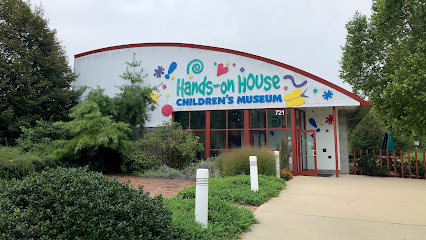
Landis Valley Village & Farm Museum
Explore Pennsylvania's agricultural roots at Landis Valley Village & Farm Museum - a living history experience showcasing rural life and traditions.
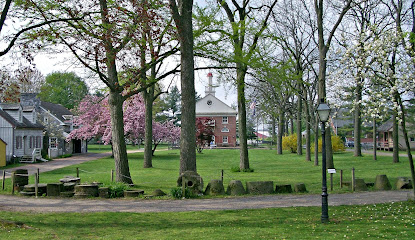
Sunrise Soap Co
Explore Sunrise Soap Co, where handcrafted beauty meets natural elegance in the heart of York, PA, perfect for unique gifts and self-care.

Mudhook Brewing Company
Discover the best of local brews and delicious pub fare at Mudhook Brewing Company, a must-visit in York, PA.

Historic Rock Ford
Explore the rich history of Lancaster at Historic Rock Ford, an enchanting 18th-century estate showcasing colonial life and stunning architecture.

Essential places to dine
Shady Maple Smorgasbord
Experience the best of Pennsylvania Dutch cuisine at Shady Maple Smorgasbord – a family-friendly buffet restaurant filled with delicious traditional dishes.
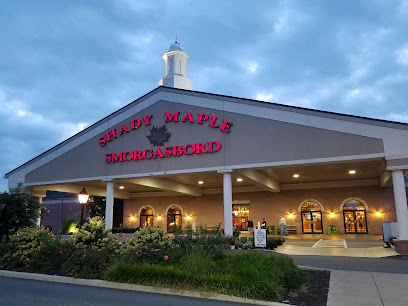
Miller's Smorgasbord Restaurant
Experience authentic Pennsylvania Dutch cuisine at Miller's Smorgasbord—where tradition meets flavor in every delicious bite.
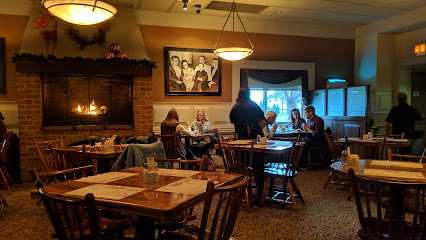
Dienner's Country Restaurant
Discover authentic American flavors at Dienner's Country Restaurant in Pennsylvania Dutch Country – where every meal feels like home.
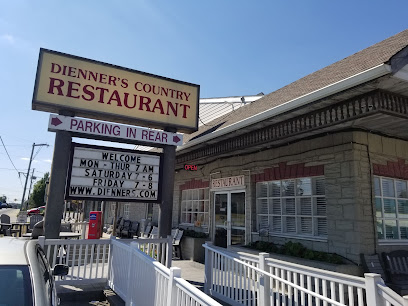
Bird-in-Hand Family Restaurant & Smorgasbord
Delight in hearty Pennsylvania Dutch cuisine at Bird-in-Hand Family Restaurant & Smorgasbord—where tradition meets taste in every bite!
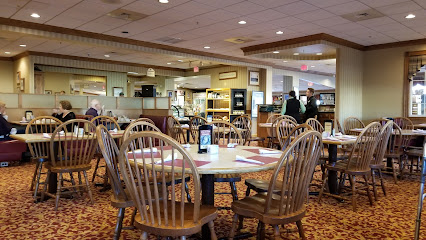
Cracker Barrel Old Country Store
Experience the charm of Southern dining at Cracker Barrel Old Country Store in Lancaster – where hearty meals meet homey vibes.
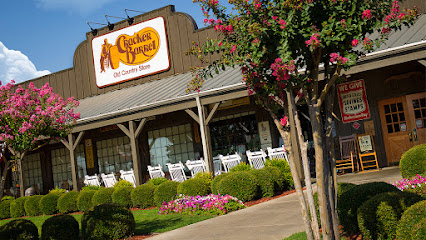
Katie's Kitchen
Discover the heartwarming flavors of Pennsylvania Dutch cuisine at Katie's Kitchen – where family-friendly dining meets delicious tradition.
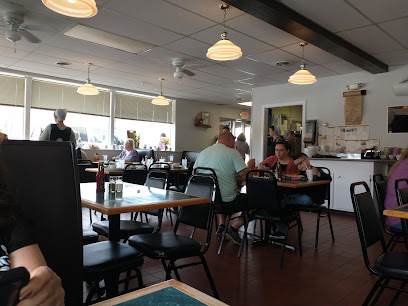
Yoder's Restaurant & Buffet
Discover authentic Pennsylvania Dutch cuisine at Yoder's Restaurant & Buffet, where homestyle meals meet warm hospitality in New Holland.
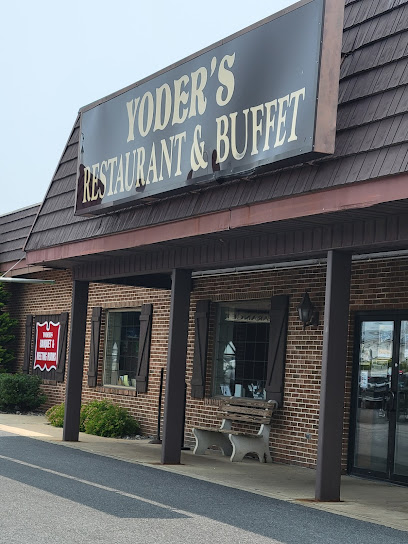
Gracie's On West Main
Discover the charm of Gracie's On West Main: where fresh ingredients meet creative American cuisine in Leola.
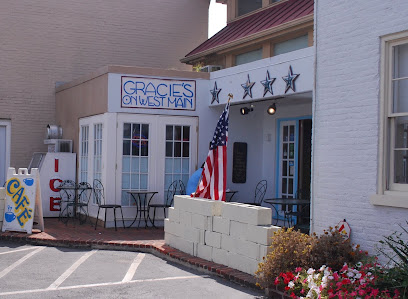
Route 30 Diner
Experience classic American breakfasts at Route 30 Diner in Ronks, PA – where hearty meals meet warm hospitality.
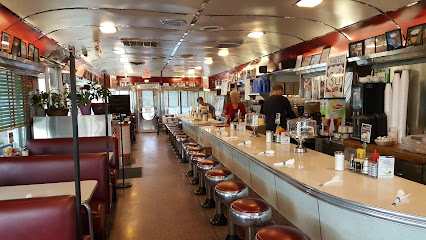
Dutch Country Restaurant
Discover authentic Pennsylvania Dutch flavors at Dutch Country Restaurant in Hanover - where tradition meets taste.
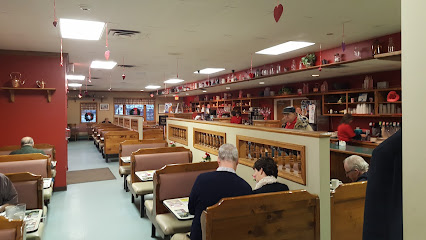
Fireside Tavern
Discover the warmth of Fireside Tavern in Strasburg - where classic American cuisine meets cozy charm for every occasion.
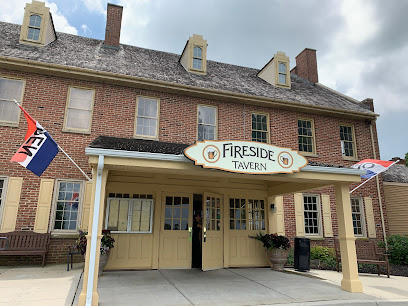
Loxley's
Experience the best of American cuisine at Loxley's Restaurant & Bar in Lancaster – where flavors meet hospitality.
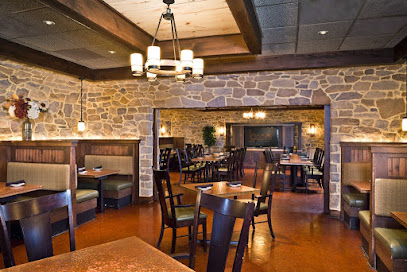
Dutch Kitchen Restaurant
Discover the charm of Dutch Kitchen Restaurant in Frackville – where family-friendly dining meets delicious American cuisine and delightful ice cream treats.
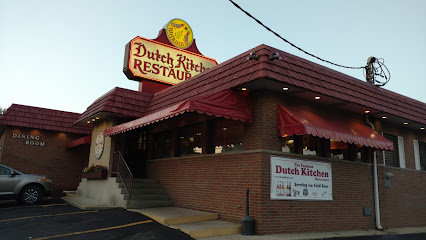
Dutch Haven Shoo-Fly Pie Bakery
Discover the iconic shoofly pie at Dutch Haven Shoo-Fly Pie Bakery in Ronks, PA – a delightful stop in Pennsylvania Dutch Country.
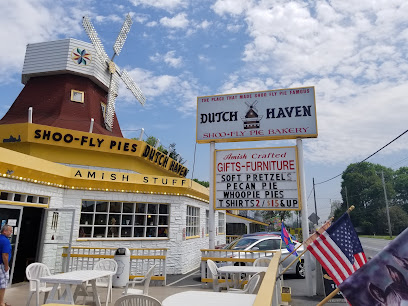
Kountry Kitchen Family Restaurant
Discover comfort food and family-friendly dining at Kountry Kitchen Family Restaurant in Manheim, PA – your go-to spot for breakfast and beyond.
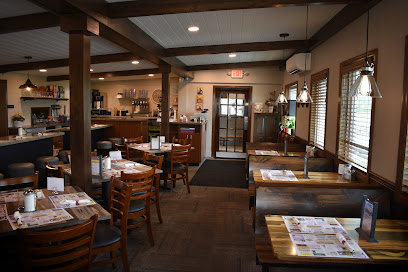
Markets, malls and hidden boutiques
Kitchen Kettle Village
Experience the unique shopping and local flavors at Kitchen Kettle Village, an enchanting destination in the heart of Pennsylvania's Amish country.
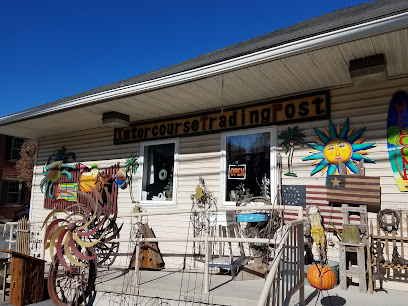
Bird-in-Hand Farmers Market
Experience the vibrant flavors and unique crafts at Bird-in-Hand Farmers Market, a delightful gem in Pennsylvania's heart.
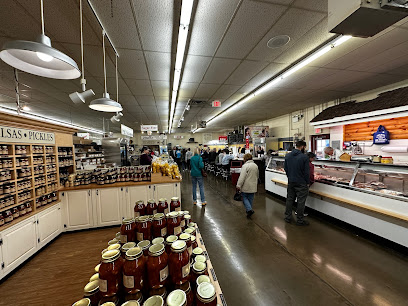
The Shops @ Rockvale
Explore the diverse shopping choices and great deals at The Shops @ Rockvale, where every shopping experience feels special.
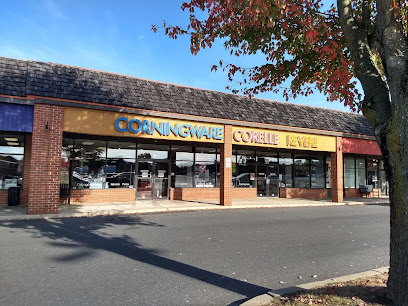
The Green Dragon Market
Discover the vibrant atmosphere of The Green Dragon Market, a farmers' market filled with fresh produce, antiques, and local crafts in Ephrata, PA.
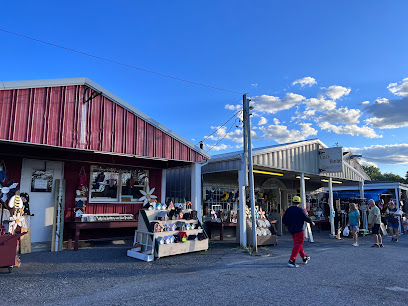
Cackleberry Farm Antique Mall
Explore a captivating assortment of antiques and collectibles at Cackleberry Farm Antique Mall in Pennsylvania, where nostalgia meets unique shopping.
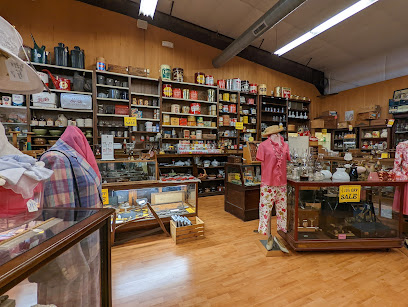
Shady Maple Gift Shop
Discover unique Amish crafts, collectibles, and games at Shady Maple Gift Shop, a treasure trove of local culture in East Earl, Pennsylvania.
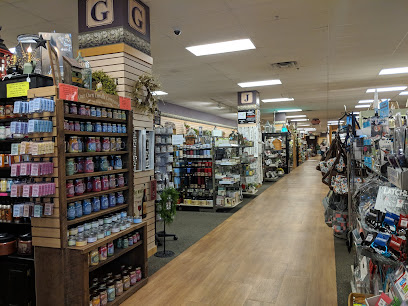
Countryside Roadstand
Discover the delightful tastes of Pennsylvania at the Countryside Roadstand, featuring pretzels, ice cream, and local artisanal treats.
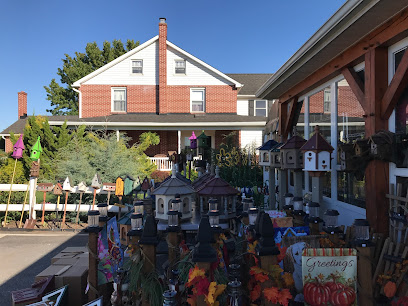
Cocalico Creek Home
Explore Cocalico Creek Home in Lancaster, PA - a delightful shopping experience for unique home goods, clothing, and furniture in a charming setting.
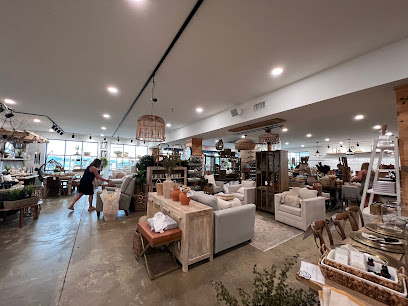
Mad Hatter Antique Mall
Explore the enchanting Mad Hatter Antique Mall in Adamstown, PA, a treasure trove of unique antiques and vintage finds awaiting your discovery.
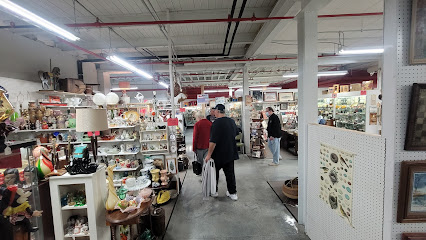
Old Candle Barn - Gift Shop
Experience the magic of handcrafted candles and unique gifts at Old Candle Barn in Intercourse, PA—a must-visit for all tourists.
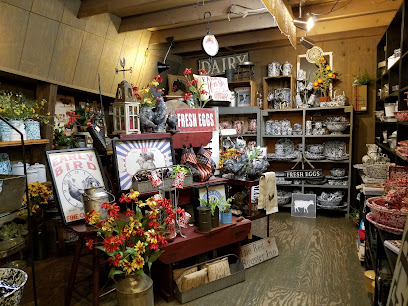
The Old Country Store
Discover The Old Country Store in Intercourse, PA – a haven for quilting enthusiasts, showcasing exquisite fabrics and handcrafted treasures.
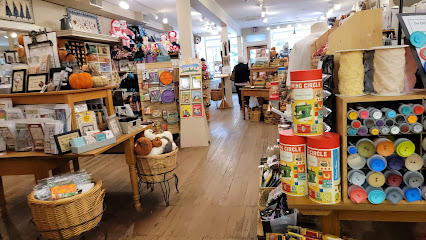
Riehl's Quilts & Crafts
Discover a world of creativity at Riehl's Quilts & Crafts in Leola, PA, where handcrafted treasures and local artistry await every visitor.
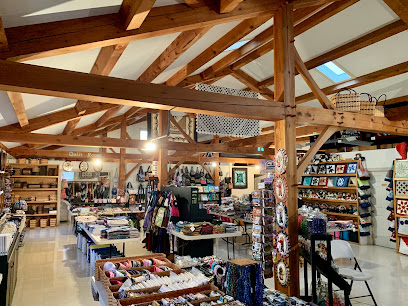
Country Housewares Store
Explore the Country Housewares Store in Leola, PA for unique gifts and home goods that embody the charm of rural Pennsylvania.
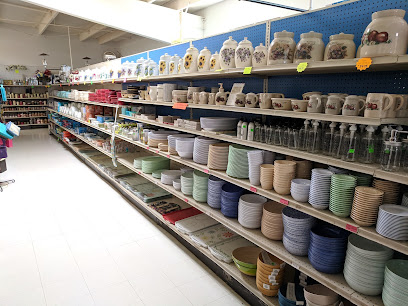
Olde Mill House Shoppe Inc
Explore Olde Mill House Shoppe Inc for unique furniture, home goods, and seasonal treasures in the heart of Lancaster, Pennsylvania.
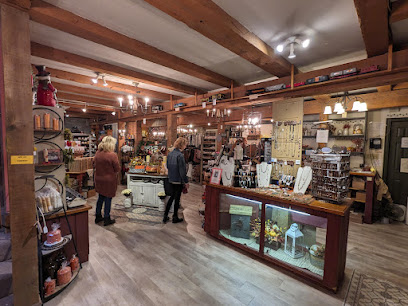
Olde Heritage Homemade Root Beer & Gift Shop
Explore Olde Heritage Homemade Root Beer & Gift Shop in Ronks, PA for delicious homemade root beer and unique local treasures.
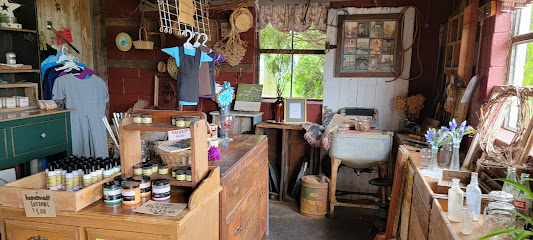
Essential bars & hidden hideouts
Annie Bailey's Irish Public House
Discover the charm of Ireland in Lancaster at Annie Bailey's Irish Public House, where delicious food and lively atmosphere await you.
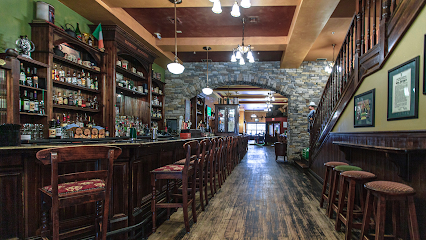
Tellus360
Discover Tellus360, an Irish pub in Lancaster, PA, where delicious cuisine meets vibrant live music and a welcoming atmosphere.
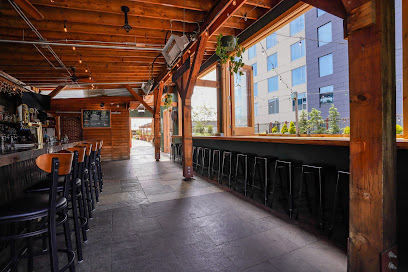
Loxley's
Discover Loxley's, an American restaurant in Lancaster, PA, where delicious cuisine meets warm hospitality in a cozy atmosphere.
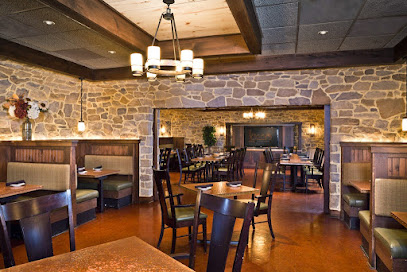
The Greenfield Restaurant & Bar
Experience culinary excellence at The Greenfield Restaurant & Bar in Lancaster, PA, offering fine dining, exquisite cocktails, and a perfect venue for any occasion.
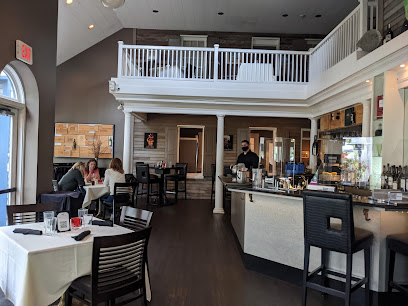
Lancaster Brewing Company Taproom & Grill
Explore a vibrant brewery in Lancaster, PA, offering crafted beers and delicious American cuisine in a warm, welcoming atmosphere.
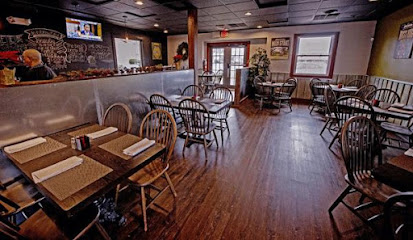
The Belvedere Inn
Experience the best of American fine dining at The Belvedere Inn in Lancaster, where exquisite cuisine and an elegant ambiance await.
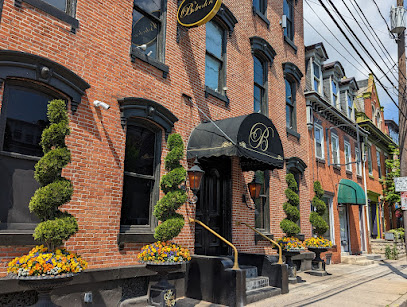
Horse Inn
Discover the Horse Inn in Lancaster: a cozy American restaurant and lounge offering fresh cuisine and a welcoming atmosphere for every traveler.
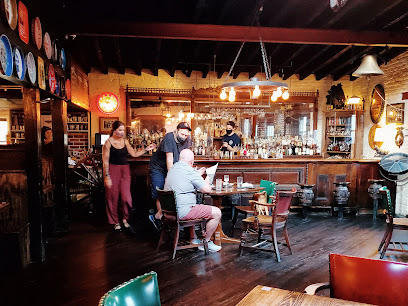
The Lancaster Dispensing Company
Experience the heart of Lancaster at The Lancaster Dispensing Company, a premier American restaurant and pub offering delicious food and great ambiance.
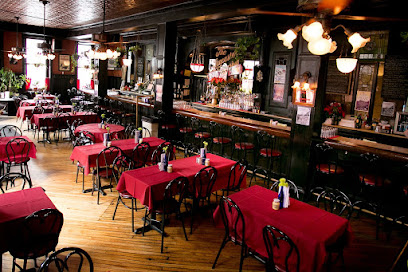
Quips Pub
Discover the heart of British cuisine at Quips Pub, Lancaster's premier pub for authentic fish and chips and warm hospitality.
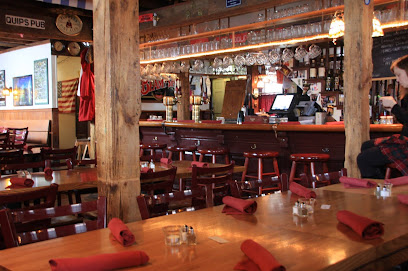
Stubby's Bar and Grille
Experience the flavors of Lancaster at Stubby's Bar and Grille, a vibrant sports bar offering delicious American cuisine and local craft beverages.
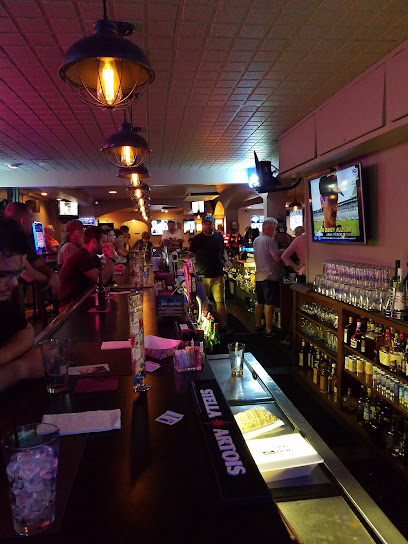
P.J. Whelihan's Pub + Restaurant - Lancaster
Discover the vibrant flavors of P.J. Whelihan's Pub + Restaurant in Lancaster, where delicious American cuisine meets a lively sports bar atmosphere.
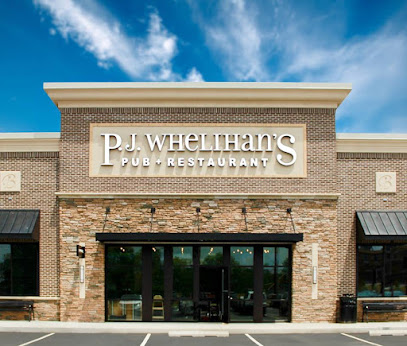
American Bar & Grill Lanc
Discover the best wings and delicious pizzas at American Bar & Grill Lanc, a must-visit dining spot in Lancaster, PA for food lovers.
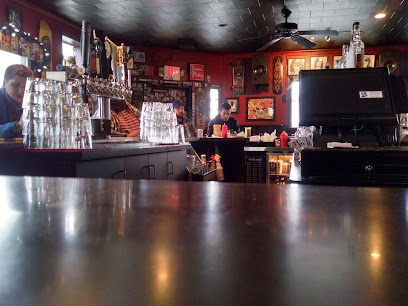
Shot & Bottle
Experience the vibrant culinary scene at Shot & Bottle, a must-visit restaurant and bar in Lancaster, PA, offering innovative dishes and a lively atmosphere.
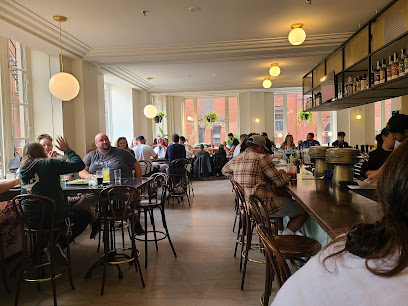
Station House Tavern & Sports Bar
Experience the ultimate sports bar in Lancaster, PA, with American cuisine, refreshing drinks, and a lively atmosphere for every sports fan.
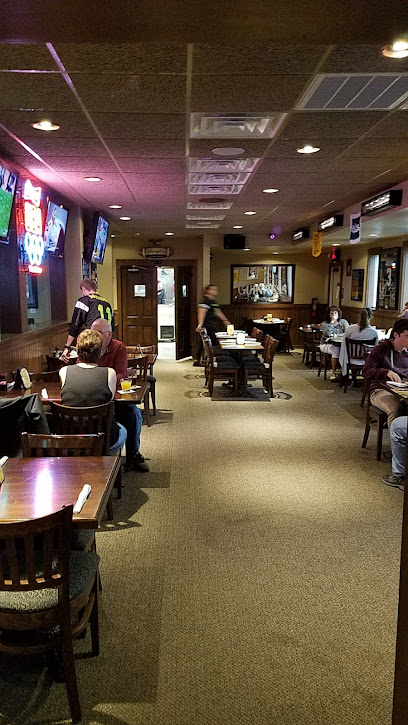
Local Phrases about Dutch Country
-
- HelloGude
[goo-deh] - GoodbyeGuder-bye
[goo-der-bye] - YesYa
[yah] - NoNee
[nee] - Please/You're welcomeBittschien
[bits-chin] - Thank youDanki
[dahn-kee] - Excuse me/SorrySori
[sore-ee] - How are you?Wie gaischt?
[vee gosh-t] - Fine. And you?Gut. Un du?
[goot. oon doo] - Do you speak English?Schwadde Englisch?
[schwad-deh eng-lish] - I don't understandIch ferschtai nix
[ikh fair-shtai niks]
- HelloGude
-
- I'd like to see the menu, pleaseIch' d gern mol die Speisekarte seh, bittschien
[ikh deh gehrn mohl dee shpi-suh-kart-eh zay, bits-chin] - I don't eat meatIch esse kaa Fleesch
[ikh es-seh kah fleysh] - Cheers!Prost!
[prohst] - I would like to pay, pleaseIch mächt gern bezahle, bittschien
[ikh meh-kht gehrn beh-zah-luh, bits-chin]
- I'd like to see the menu, pleaseIch' d gern mol die Speisekarte seh, bittschien
-
- Help!Helft!
[helft] - Go away!Geh fort!
[geh fort] - Call the Police!Ruf die Bullerei!
[roof dee bool-luh-rye] - Call a doctor!Ruf en Dokter!
[roof en dok-ter] - I'm lostIch bin ferlaafe
[ikh been fair-lah-fuh] - I'm illIch bin krank
[ikh been krunk]
- Help!Helft!
-
- I'd like to buy...Ich wott kaaf...
[ikh voht kah-f] - I'm just lookingIch kucke nor
[ikh kook-eh nohr] - How much is it?Wie feil isses?
[vee fyle iss-ess] - That's too expensiveDes iss zu teier
[dess iss tsoo ty-er] - Can you lower the price?Kannscht du de Preis nierer mache?
[kann-sht doo deh preys nee-er-er mah-khuh]
- I'd like to buy...Ich wott kaaf...
-
- What time is it?Wieviel Uhr isses?
[vee-feel oor iss-ess] - It's one o'clockEs iss en Uhr
[ess iss en oor] - Half past (10)Halwer elf
[hal-wer elf] - MorningMorje
[mor-yeh] - AfternoonNoon
[nohn] - EveningOwend
[oh-wend] - YesterdayGestere
[geh-steh-ruh] - TodayHitt
[hit] - TomorrowMorrow
[moh-roh] - 1Eins
[ines] - 2Zwei
[tsvai] - 3Drei
[dry] - 4Vier
[feer] - 5Fünf
[foontf] - 6Sechs
[zeks] - 7Sieben
[zee-ben] - 8Acht
[akht] - 9Neun
[noyn] - 10Zehn
[tsayn]
- What time is it?Wieviel Uhr isses?
-
- Where's a/the...?Wee iss en...?
[wee iss en] - What's the address?Was iss die Adress?
[wahs iss dee ah-dress] - Can you show me (on the map)?Kannscht mich (uffm Plotz) weise?
[kann-sht mikh (oofm plawtz) v-eye-seh] - When's the next (bus)?Wann kummt der nächschde Bus?
[vann koomt dare nekhsht-eh boos] - A ticket (to ....)En Tickutt (noo ...)
[en tick-oot (noo)]
- Where's a/the...?Wee iss en...?
History of Dutch Country
-
The Pennsylvania Dutch, primarily composed of German-speaking immigrants, began settling in Pennsylvania in the late 17th and early 18th centuries. The term 'Dutch' is derived from 'Deutsch,' which means German. These settlers were seeking religious freedom and economic opportunities, and they predominantly established themselves in what is now known as Dutch Country. The region includes Lancaster, York, Berks, and Lebanon counties.
-
William Penn, an English Quaker, founded the Province of Pennsylvania in 1681 after receiving a land grant from King Charles II. Penn's Charter of Privileges guaranteed freedom of worship to all inhabitants, attracting many religious groups, including the Amish, Mennonites, and Moravians. This policy of religious tolerance played a significant role in shaping the diverse cultural landscape of Dutch Country.
-
The Amish and Mennonites, two Anabaptist groups, settled in Pennsylvania Dutch Country to escape religious persecution in Europe. The Amish are known for their simple, agrarian lifestyle, shunning modern conveniences like electricity and automobiles. Mennonites, while sharing similar religious beliefs, are generally more integrated into modern society. Both communities have preserved their unique customs, dialects, and craftsmanship, contributing to the region's rich cultural fabric.
-
Founded in 1732 by Johann Conrad Beissel, the Ephrata Cloister was a religious community located in what is now Lancaster County. The Cloister members, known as the Ephrata Community, practiced a celibate, communal lifestyle with an emphasis on prayer, music, and self-denial. The community's unique architecture and printing press remain significant historical attractions, offering a glimpse into the spiritual life of early settlers.
-
The Moravians, another early religious group, established settlements in Pennsylvania Dutch Country in the 1740s. Notable Moravian towns include Lititz and Bethlehem. The Moravians were known for their missionary work, educational efforts, and musical contributions. Their communal living arrangements and emphasis on social welfare left a lasting impact on the region's development.
-
Agriculture has always been at the heart of Pennsylvania Dutch Country. The fertile soil and favorable climate made it an ideal location for farming. Early settlers grew crops like wheat, barley, and corn, and raised livestock. The area's agricultural heritage is still evident today, with numerous farms, markets, and agricultural fairs showcasing traditional practices and local produce.
-
Pennsylvania Dutch, a language derived from German dialects, was widely spoken among the early settlers and remains in use today, particularly within Amish and Mennonite communities. The language reflects the region's cultural heritage and is a point of pride for many residents. Efforts to preserve and teach Pennsylvania Dutch continue, highlighting its importance in the area's identity.
-
Hex signs are colorful, geometric symbols traditionally painted on barns and buildings in Pennsylvania Dutch Country. These signs, believed to bring good luck and ward off evil spirits, are an iconic element of the region's folk art. The designs often incorporate stars, rosettes, hearts, and other motifs, reflecting the artistic traditions and beliefs of the early settlers.
Dutch Country Essentials
-
Dutch Country, Pennsylvania is conveniently located within driving distance from several major cities. The region is approximately 1.5 hours west of Philadelphia, 2.5 hours north of Washington, D.C., and 3 hours east of Pittsburgh. The nearest major airport is Harrisburg International Airport (MDT), situated about 30 minutes away from Lancaster, the heart of Dutch Country. Alternatively, Philadelphia International Airport (PHL) offers more flight options and is a 90-minute drive away. Amtrak offers train services to Lancaster and Harrisburg, which are central hubs in the area.
-
While a rental car is the most convenient way to explore Dutch Country, various options are available for those who prefer not to drive. Local bus services connect key towns such as Lancaster, Ephrata, and Lititz. Ride-sharing services like Uber and Lyft are also available. For a unique experience, consider taking a horse-drawn buggy tour to explore the Amish countryside. Biking is another popular option, with several scenic routes available for cyclists.
-
The official currency in Dutch Country is the U.S. Dollar (USD). Credit and debit cards are widely accepted, but it's advisable to carry some cash for small purchases, especially in rural areas and at roadside stands. ATMs are readily available in towns and shopping areas. Some Amish businesses may only accept cash, so plan accordingly.
-
Dutch Country is generally a safe destination for tourists. However, it's always wise to take standard precautions. Lancaster City has some neighborhoods with higher crime rates, particularly in the southeast area. It's best to avoid these areas after dark. Always lock your car and keep valuables out of sight. Be cautious when using ATMs and avoid deserted areas at night.
-
In case of emergency, dial 911 for immediate assistance. Lancaster General Hospital is a well-equipped medical facility located in Lancaster City. For non-life-threatening issues, there are urgent care centers and pharmacies available throughout Dutch Country. Travel insurance that covers medical emergencies is recommended. Make sure to have a list of emergency contacts and local addresses handy.
-
Fashion: Do dress modestly, especially when visiting Amish communities. Avoid overly casual or revealing clothing. Religion: Do respect the Amish way of life. Avoid taking photographs of Amish people without permission. Public Transport: Do be courteous and respectful to drivers and fellow passengers. Don't play loud music or talk loudly. Greetings: Do greet people with a friendly 'hello' or 'good morning.' Amish people often prefer not to shake hands with the opposite gender. Eating & Drinking: Do try local specialties like shoofly pie and scrapple. Don't refuse food when offered, as it can be considered impolite.
-
To experience Dutch Country like a local, visit the Lancaster Central Market, the oldest continuously operating public farmers' market in the country. Take a scenic drive along Route 340, also known as the Old Philadelphia Pike, to see beautiful farms and Amish buggies. Attend a local auction or a mud sale, where you can buy handcrafted items and produce. Don't miss the opportunity to dine at an Amish or Mennonite family-style restaurant for an authentic meal.
Trending Landmarks in Dutch Country
-
Bird-in-Hand Farmers Market
-
The Amish Village
-
Amish Farm and House
-
Kauffman Orchards
-
Amish Experience
-
Old Windmill Farm
-
Shriver House Museum
-
Asa Packer Mansion Museum
-
President James Buchanan's Wheatland
-
Historic Rock Ford
-
1719 Museum
-
LancasterHistory
-
Wright's Ferry Mansion
-
Robert Fulton Birthplace
-
Pennsylvania Dutch Convention & Visitors Bureau
Nearby Cities to Dutch Country
-
Things To Do in Reading
-
Things To Do in Hershey
-
Things To Do in Towson
-
Things To Do in Allentown
-
Things To Do in Philadelphia
-
Things To Do in Baltimore
-
Things To Do in Gettysburg
-
Things To Do in Lambertville
-
Things To Do in Laurel
-
Things To Do in Annapolis
-
Things To Do in Trenton
-
Things To Do in Frederick
-
Things To Do in Gaithersburg
-
Things To Do in Rockville
-
Things To Do in Silver Spring













